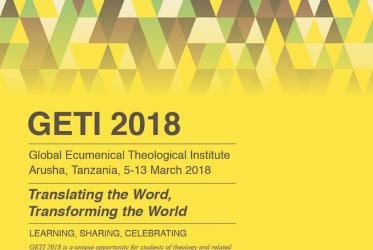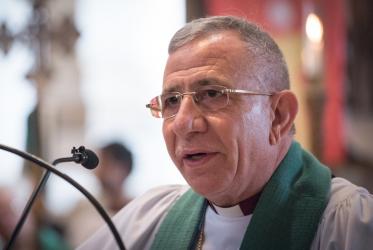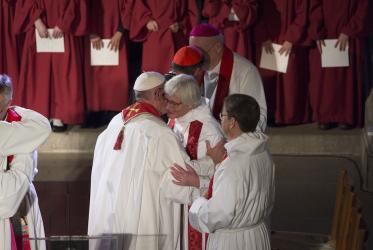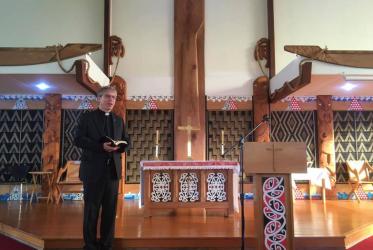Displaying 121 - 140 of 205
Bishop Younan awarded Niwano Peace Prize
22 February 2017
Plans for 2017 decided by WCC Executive Committee
01 December 2016
WCC Executive Committee commends Reformation dialogue
28 November 2016
Conference on Korean peninsula peace treaty convenes
17 November 2016
WCC general secretary visits Aotearoa New Zealand
10 October 2016
Religion: Way of war or path to peace?
30 June 2016












